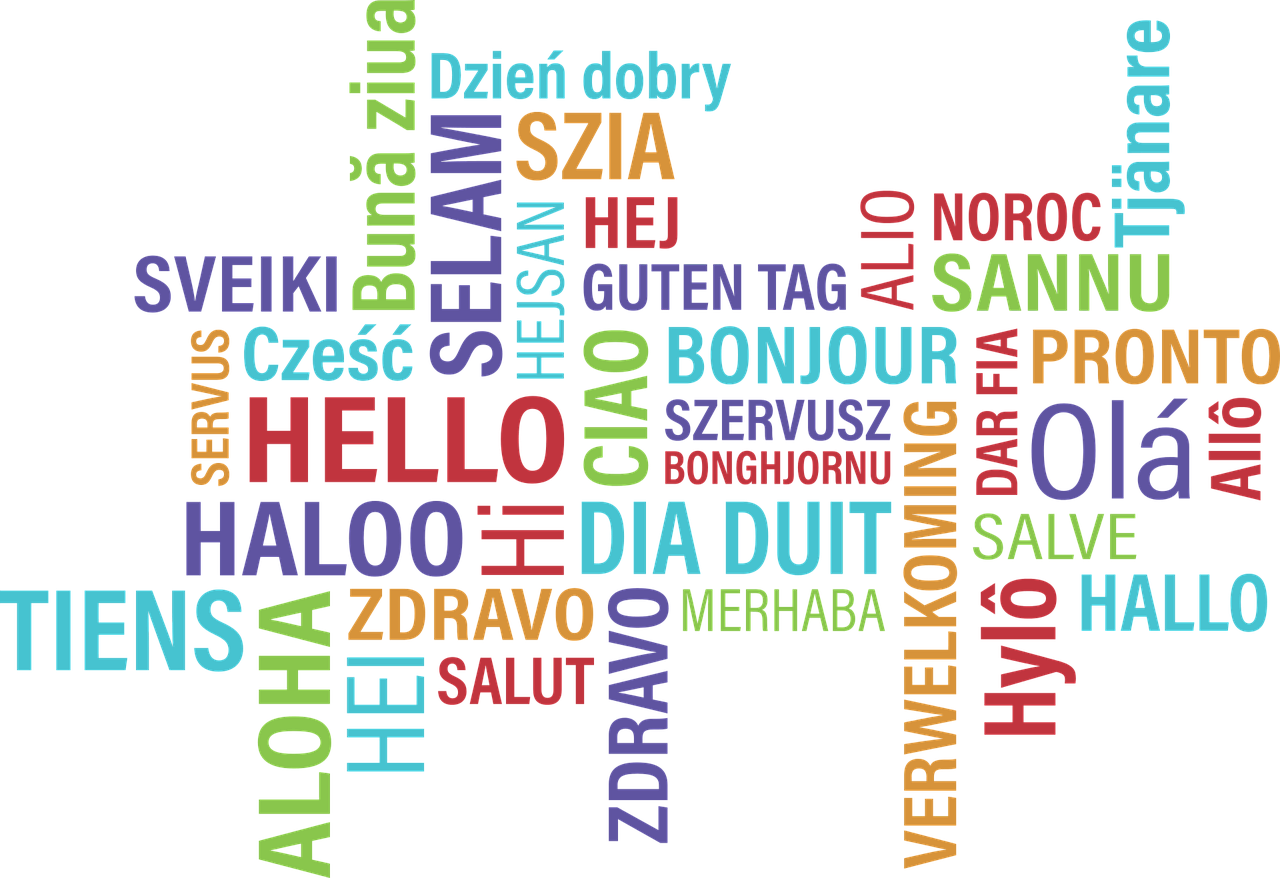 Member Login
Member Login

This day was established by the Council of Europe and the European Union for people to appreciate languages other than their mother tongue. This day aims to promote cultural diversity and understanding, multilingualism, and the benefits of foreign language learning. It is a great opportunity for foreign/second language teachers, including teachers of medical terminology, to engage with their students in fun and educational activities. There are also several events aimed at language teachers and other language-related professionals. In this blog post, we provide tips on events for teachers organised by European Commission and ideas for classroom activities.
1) “Language tasting” event: Encourage students to bring a word or phrase (e. g. metaphor, proverb) from their native language and share it with the class. Explore the pronunciation, meaning and cultural significance. Look for the equivalent in other languages.
2) Multilingual medical vocabulary learning activities: 1) Create a multiple-choice quiz, matching activity, flashcards in Quizlet for medical vocabulary in other languages. It can be student´s mother tongue, other European languages they can speak, or let them guess meaning of the terms in languages they can´t speak at all. 2) Have your students create a multiple-choice quiz, matching activity, flashcards in Quizlet for medical vocabulary in their mother tongue and English.
3) Role-Play scenarios for medical interpreters: Design scenarios including roles of a healthcare professional, patient and interpreter.
4) Translation of medical documentation: Have your students translate samples of medical records, letters to doctors, etc. from a real clinical practice. You may ask students to get the samples from their family. Respect the GDPR, ask them to obtain informed consent.
5) Interactive learning apps: Recommend and try some of the online platforms and apps specially designed for learning medical English, such as Medscape or Duolingo´s Medical English course.
6) Guest speakers: Invite an overseas healthcare professional or Erasmus exchange student to share their experience of working or studying in other country, e.g. it can be the English-speaking country or a country where English is used as a working language, but they also need to learn the official language of the country they have chosen.
7) Movies about learning language and multilingual medical settings: Arrival (2016), The Good Doctor (2011), The Interpreter (2005), The English Patient (1996).
8) Novels about language learning and multilingual medical settings: Cutting the Stone (by Abraham Verghese), My Own Country: A Doctor´s Story (by Abraham Verghese), The language of Kindness: A Nurse´s Story (by Christie Watson), The English Patient (by Michael Ondaatje), The Language of Secrets” (by Dianne Dixon).
9) Keywords to search for YouTube videos: Learning Medical English, Multilingual Healthcare Professionals, Language Learning for Healthcare Workers, Medical Language Courses, Medical Interpretation Training, Language and Communication in Healthcare, International Medical Students, Multilingual Medical Interviews.
10) Keywords to search for podcasts: Medical English Podcast, Multilingual Healthcare Podcast, Medical Interpretation and Translation, Cultural Competency in Healthcare, Language Challenges in Medicine, Healthcare Language and Communication, Multilingual Medical Education, International Medical Students´ Experiences, Medical Language Skills.
For other tips on activities related to European Day of Languages check the official website. It includes information on initiatives, teaching resources, polls, news, famous quotes and many more. You can also check the Facebook page. Search for “European Day of Languages”.
Resources